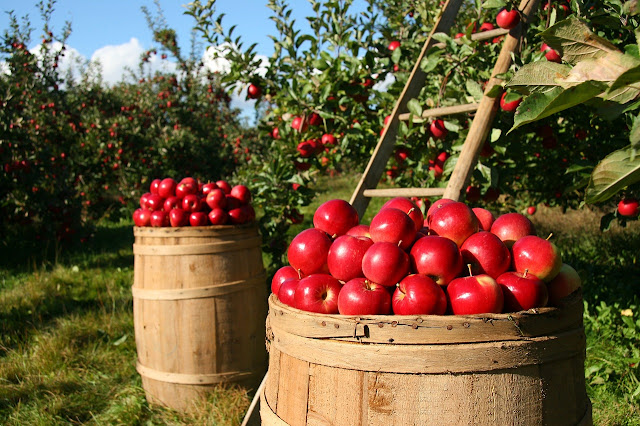Michael Corthell
By minimizing the use of synthetic pesticides, we can protect pollinators, preserve biodiversity, and safeguard our ecosystems. Let's explore the benefits and strategies behind pesticide-free farming.
The Need for Pesticide-Free Crops Pesticides, while effective against pests, can have unintended consequences. They pose risks to pollinators like bees, butterflies, and other beneficial insects, which play a vital role in food production. Moreover, pesticides can contaminate soil, water sources, and impact human health. This calls for alternative approaches that prioritize the well-being of both the environment and consumers.
Integrated Pest Management and Natural Solutions Integrated Pest Management (IPM) offers a comprehensive framework to reduce pesticide reliance. By monitoring pests, encouraging natural predators like ladybugs and lacewings, employing crop rotation, and utilizing physical barriers, farmers can effectively manage pests without resorting to synthetic chemicals. Additionally, trap crops lure pests away from main crops, reducing the need for pesticides.
Crop Diversity and Agroecology Embracing crop diversity is another key component of sustainable farming. Monoculture, or growing a single crop, often leads to increased pest susceptibility. In contrast, diverse crop systems naturally discourage pest buildup, creating a healthier ecosystem. Furthermore, agroecological approaches integrate ecological principles, promoting biodiversity and ecological processes to manage pests and diseases sustainably.
Examples of Pesticide-Free Crops Organic farming adheres to strict standards that prohibit the use of synthetic pesticides. Common pesticide-free crops include apples, strawberries, tomatoes, lettuce, spinach, barley, beans, and herbs such as basil and mint. By choosing organic produce, consumers support sustainable farming practices that prioritize the environment.
Resources for Further Exploration
- United States Department of Agriculture (USDA): Visit their website for information on organic farming practices and regulations.
- International Federation of Organic Agriculture Movements (IFOAM): Explore their resources to understand the principles and benefits of organic agriculture.
- Local Organic Farming Associations: Connect with local organizations to learn about pesticide-free farming initiatives in your region.
Conclusion The shift towards pesticide-free crops is a positive step towards a more sustainable future. By embracing integrated pest management, encouraging natural solutions, promoting crop diversity, and adopting agroecological practices, we can reduce our reliance on synthetic pesticides and protect the environment. Let us cultivate a greener world, one pesticide-free crop at a time.

Comments
Post a Comment
We welcome your input!